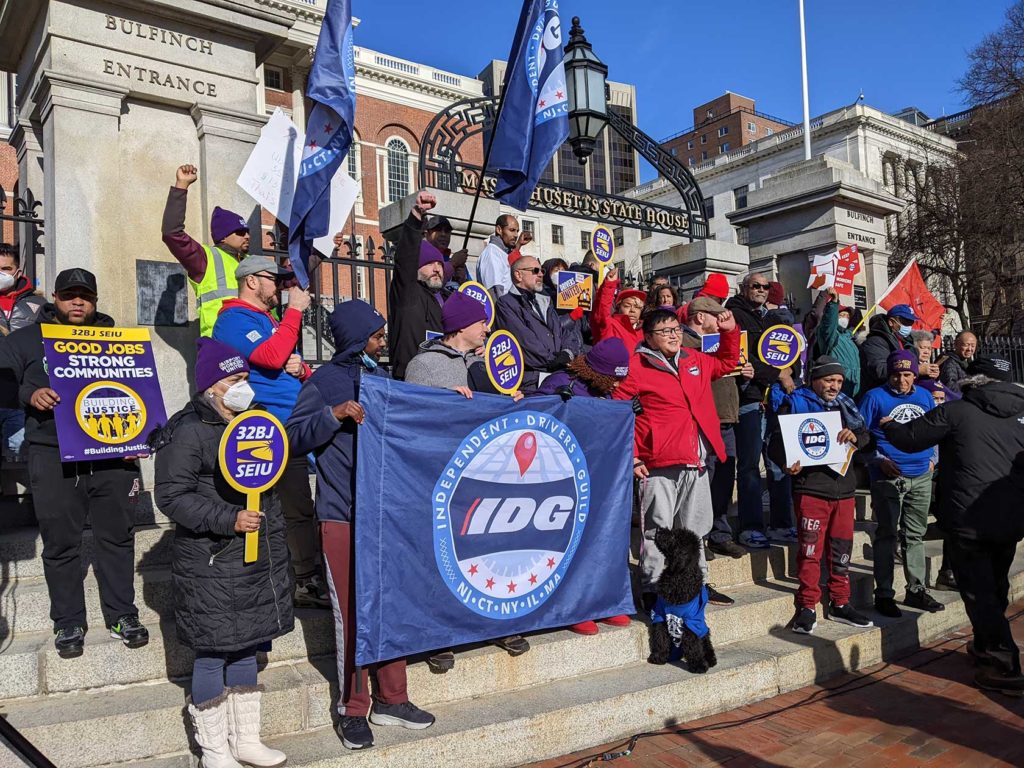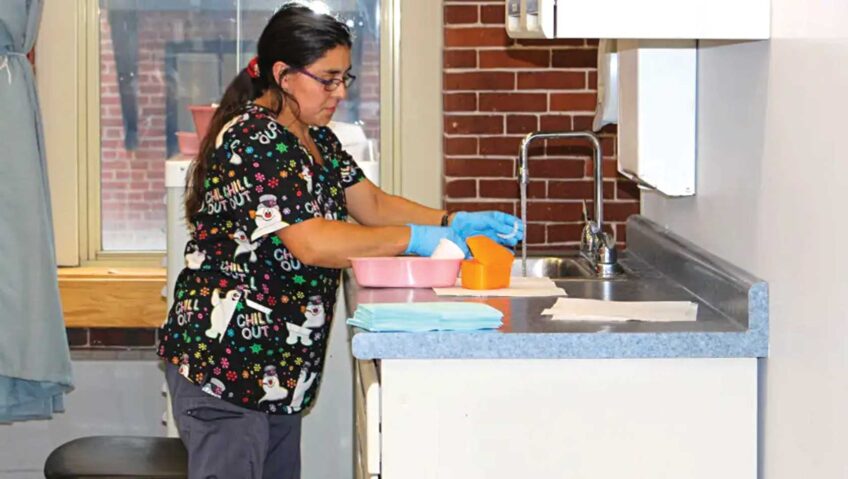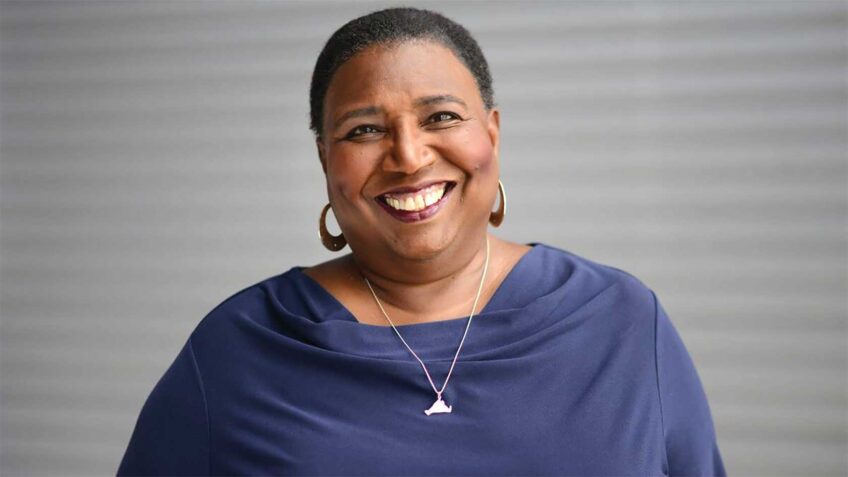Rideshare drivers rally, call for right to unionize
Drivers cite low wages, poor working conditions

Massachusetts drivers for app-based services like Uber, Lyft and DoorDash are pushing to unionize, and they are calling on state lawmakers to pass legislation that would allow the drivers to form or join unions.
Drivers and labor advocates rallied in front of the State House last Wednesday. The group included representatives of 32BJ SEIU; the International Association of Machinists and its affiliate, the Independent Drivers Guild; and the Boston-based Chinese Progressive Association.
Holding signs and chanting pro-union slogans, drivers and activists called companies like Uber and Lyft “greedy” and accused them of taking ever-greater shares of workers’ earnings, forcing drivers to work ever-longer hours for less while at the same time bearing the responsibility and costs of everything from vehicle maintenance to insurance to the risk of accidents and personal injury.
“Right now, as Uber and Lyft make more money, drivers make less,” said Roxana Rivera, executive vice president of 32BJ SEIU, which represents some 175,000 service workers across the Northeast, including airport workers, security officers and building cleaners.
Meanwhile, said Rivera, companies like Uber, Lyft and DoorDash have leveraged their app-based models to disempower drivers, “because Uber and Lyft can terminate workers with the touch of a button of ‘deactivation.’ They have all the power, and workers have no voice.”
“The only path for the drivers to really have the power to collectively negotiate and raise the issues that they face is to form a union,” said Rivera. “But we know we know that we going to need to get the support of the state Legislature to gain a legal path to be able to form a union.”
Companies like Uber and Lyft have come under criticism by state officials, including the Massachusetts Attorney General’s Office, which, under former AG and now Governor-elect Maura Healey, challenged the companies’ characterization of drivers as independent contractors, rather than employees — litigation which will remain ongoing in the courts under incoming Attorney General Andrea Campbell. (A proposed ballot measure that would have codified drivers as contractors, which was supported by ride-share companies, was struck down by the state’s Supreme Judicial Court earlier this year).
The drivers and labor activists are pushing for state legislation in the coming session that would allow drivers to unionize regardless of how they are classified — legislation that would be the first of its kind in the U.S., according to labor activists.
Drivers at the rally, meanwhile, shared complaints that the companies have been increasingly exploitative of their workers.
“I have been doing this job for many years now, almost six years — I do this full time, overtime, double-time, many hours,” said Elib Hilali, who immigrated to the United States from Sudan 19 years ago. “Our job is getting very difficult. We work more hours for less pay and without any protection and without any respect. And enough is enough. These companies have been mistreating us, and this is wrong. We are not less than any worker in this state.”
Hilali, who now works also to organize drivers, said Massachusetts lawmakers must recognize, especially since the Covid-19 pandemic, the critical role that drivers play in the economy.
“We are essential. We do the hard work. We are in the roads, we put ourselves at risk. … They have to listen to us and to write the law that we deserve,” said Hilali, adding: “Our coalition is getting bigger and bigger, and we will get there. We deserve it. We will get there.”
Cletus Awah, who has driven for Uber and Lyft for two years — some 12,000 fares, he said — told the crowd that the tech companies have consistently ratcheted up their take of drivers’ wages.
“These ride app companies get sometimes over 50, 60% of what our riders pay for every trip. And this is not a good partnership, this is not a win-win way of doing business,” said Awah. “And of course, what is the solution to this? The solution to this is forming a union.”
Another driver, who spoke under a pseudonym, testified through a Spanish interpreter that he found himself without economic recourse after being injured while driving for one of the ride-share companies.
“After the accident, I haven’t heard from Lyft at all, I have not been able to work. I have had zero income for the last three months,” he said, “I have to feed my family.”
Organizers with the Machinists Union and the Independent Drivers Guild say they are hopeful that favorable legislation will be introduced in the coming legislation, though they were not prepared to say which members may sponsor such legislation.






